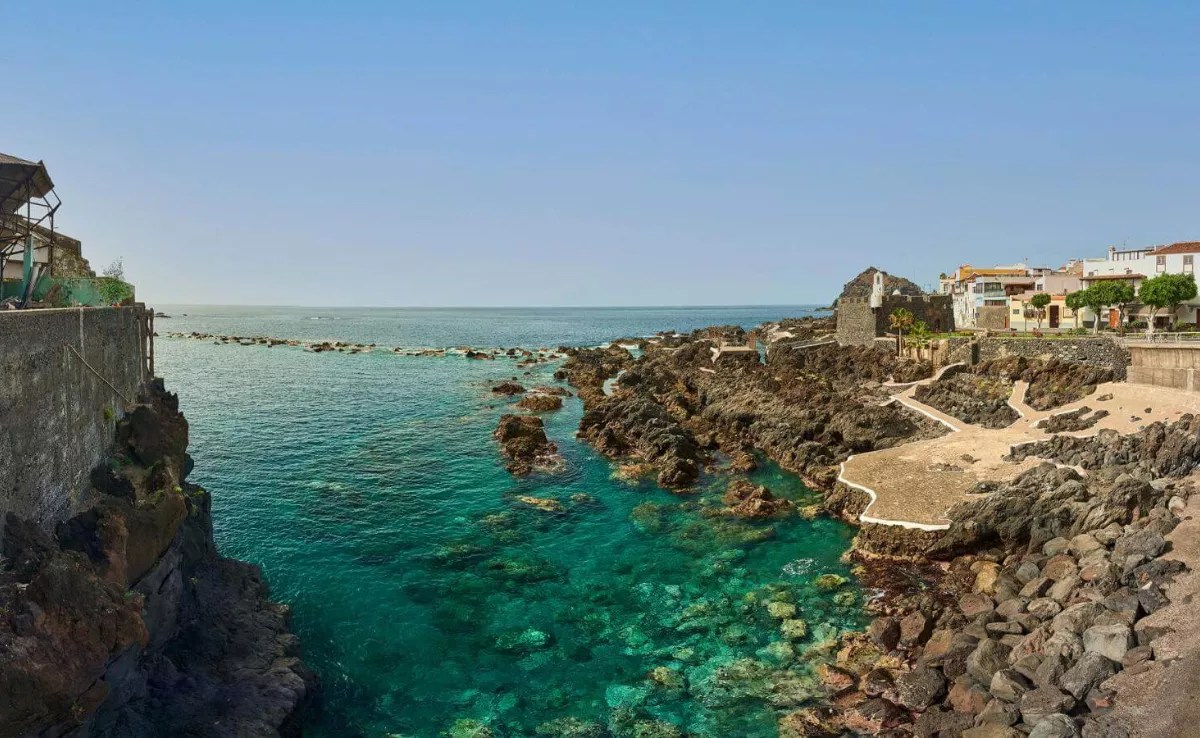
SANTA CRUZ DE TENERIFE, 27 September (EUROPA PRESS) –
The Minister of Health for the Government of the Canary Islands, Esther Monzón, unveiled the ‘Palliative Care at Home’ project for the Tenerife Health Region this Friday.
She was joined by Roberto Gómez, the manager of the Nuestra Señora de La Candelaria University Hospital, Jesús Delgado, the Primary Care manager for the Tenerife Health Region, and Alexander Robaina, the doctor overseeing the project, during the press briefing.
This pilot programme, in line with the Palliative Care strategies of the Canary Islands and the enhancement of Primary Care in the Canary Islands +AP, seeks to introduce a new service that aims to optimise medical treatment and emotional support for patients suffering from oncological diseases receiving palliative intervention at home.
The minister expressed her appreciation for the efforts of the professionals from the Primary Care Management and the Palliative Care Unit at La Candelaria Hospital, who collaboratively developed this care project, which will be assessed six months after its initiation.
During her address, Monzón underscored the significance of launching this initiative, which focuses on home-based care in Palliative Care—a resource that has been absent in Tenerife until now—and it represents a commitment from the current departmental team and the SCS to enhance services in this domain.
Monzón noted that Tenerife has an insular Palliative Care unit that provides hospital care; however, the service had not previously expanded to home care. This represents a “major leap” for cancer patients who require this assistance depending on their profile and stage of illness, supported by Primary Care.
As she explained, the project is set to pilot on 1 October in two municipalities in the southern region, with plans for gradual implementation across the island based on its progress and outcomes.
The Primary Care manager added that this initiative was created to meet the needs of the cancer community in need of palliative care. An analysis of the basic health areas was conducted to prioritise the pilot in the most underserved areas regarding hospital care in this field, “especially as it caters to patients who may primarily be in the terminal phase of their illness, for whom hospital transfers could be more distressing.”
In this context, Jesús Delgado stated that “given the current ageing of the population, primary care has emerged as a crucial component within the healthcare system, contributing to enhancing the lives of patients through close interactions.”
The SCS has harnessed the synergy of Primary Care professionals with their patients—due to their familiarity and proximity, they are ideally placed to deliver palliative care at home, supported by a team of doctors and nurses specialised in this area.
“The aim of this team is to provide care for patients with severe or terminal illnesses, as well as support for their families and caregivers,” highlighted Delgado.
GUIDE TO ISORA AND SANTIAGO DEL TEIDE
The initiative will commence on 1 October in the Basic Health Zones (ZBS) of Guía de Isora and Santiago del Teide, which cater to a population of 28,566 adults aged 15 and above.
According to the project co-ordinator, Alexander Robaina, “the goal is to offer cancer patients enrolled in the palliative programme all the requisite attention and care they need.”
The working team will consist of a nurse and a family doctor trained specifically in Palliative Care, equipped with a vehicle containing the necessary medical supplies to perform their duties during visits to patients.
Additionally, each ZBS will involve two more professionals from Medicine and two from Nursing as Palliative Care contacts to bridge the Family Care Units with the Primary Palliative Care team, facilitating the identification of needs or challenges during patient care.
They will also receive support from professionals at the Palliative Care Unit at La Candelaria Hospital.
WORK METHODOLOGY
Patients needing palliative care at home will be referred to this new resource from the Palliative Care Unit at the Nuestra Señora de La Candelaria University Hospital, where they may already be receiving care in consultations or inpatient services.
The Palliative professionals at the hospital will continue to monitor patients referred to this resource alongside the Primary Care palliative team.
Once a patient’s situation is assessed and the care and treatment plan is coordinated among all involved professionals, follow-ups will be executed as scheduled by each team.
PHONE LINE
In addition to establishing this new home resource, a dedicated telephone line will be set up to enable patients or their families to ask any queries regarding their clinical situation or symptoms.
The manager, Roberto Gómez, indicated that the Hospital del Sur, for which he also serves as director, is in the final stages of establishing a dedicated Palliative Care unit within this facility.
In this regard, he mentioned that training for the professionals who will be part of that unit will commence in October. It will feature hospital beds for patients in the southern region needing admission and a consultation area, measures that will also alleviate the care load on the island’s primary unit located at the Hospital del Tórax, thereby assisting patients across the health region of Tenerife.
Furthermore, the minister indicated that plans are also underway to initiate a Home Hospitalisation unit in the northern part of the island, which will similarly enhance resources in that basic health area.
















